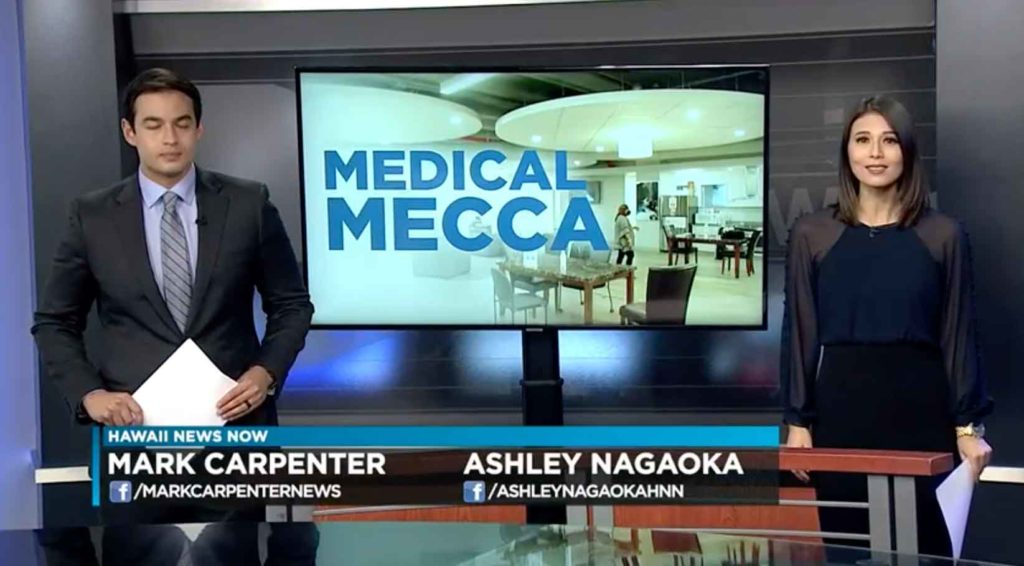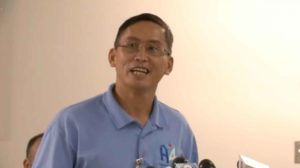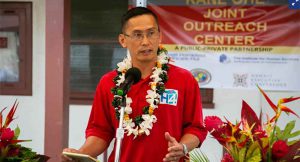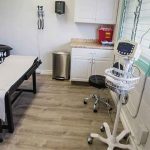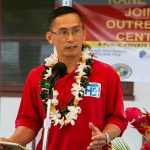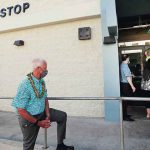HONOLULU, Hawaii (HawaiiNewsNow) – An old garment factory in Iwilei is now a medical hub for the homeless that advocates hope will help them transition to long-term housing as they rehabilitate.
Punawai Hale started off as a hygiene center and after a long-awaited expansion, there’s now around-the-clock care for the medically frail.
It’s an effort to reduce the strain the homeless crisis has placed on Hawaii’s health care system.
Victoria Broussard, a registered nurse at the facility, was escorting patient Gilbert Moniz back to his room Tuesday morning. “It looks like you could still use a cane,” she told him, after noting a slight limp.
It’s a dramatic improvement after Moniz nearly lost his foot to gangrene.
“I couldn’t walk,” Moniz said.
He told HNN he stepped on a thorn last summer and couldn’t get it out. A cut turned into a hole that wouldn’t heal while he was homeless, living on the beach in Maili.
“He had an infection all the way to his bone,” said Broussard.
After three months in the hospital, Moniz arrived at Punawai Respite last week. He was one of the facility’s first patients.
Bandage changes are now part of his daily routine.
“It looks really good,” Broussard commented, as she measured the length of the wound.
Without Punawai, Moniz would be on the street.
“When they’re not fully healed. They end up back in the emergency room,” said Lilian DeCosta, H-4 clinical director. “With this, it’s like a home they can come and recover. It breaks the cycle.”
Dr. Landis Lum works at Punawai Respite three days a week.
On top of treating patients on the third floor he’s provides tele-medicine for walk-ins at the hygiene center downstairs. “We will dramatically reduce hospital costs,” he said.
“Not only emergency room visits but in-patient visits.”
A bed in a hospital cost about $1,000 a day while a room at Punawai Respite averages around $200.
“We have patients here who need a lot more than just medical care,” said Broussard.
That’s why case managers are also on hand with the goal of getting patients into housing.
It’s an idea Moniz has already embraced. “I hope I can get housing,” he said.
Moniz might not have to go far. The top floor of the facility was recently converted into apartments.
The last phase of the Punawai project is expected to be completed this summer.
That’s when a clinic is set to open on second floor ― an alternative for homeless whose only other option is an emergency room.

